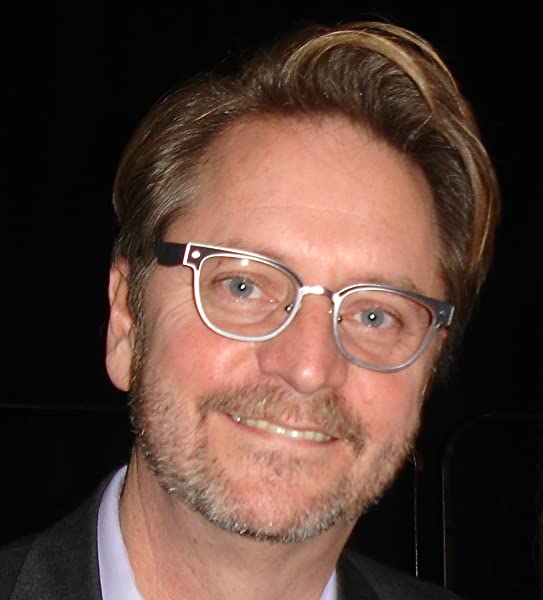In praise of Scott Miller
Scott Miller has been a big influence on my therapeutic approach. He is focused on what the evidence shows and not on what therapists assume it shows.

Very few have heard of Scott Miller but, in addition to Joe Griffin, Ivan Tyrrell (Human Givens founders) and the much admired Milton Erickson, Scott has been the biggest influence on my approach to therapy. He co-wrote with Barry Duncan a marvellous book “The Heroic Client” which I devoured during my training in the early years of the century. I remember listening then to recordings of his lectures. He was not just a clever guy, but funny too.
The good news is that Scott Miller’s review did show that on average talking therapies helped. That they were better than doing nothing.
But then, Scott Miller was reaching two further conclusions, which he claimed was entirely evidence based. In other words this was how it was, no ifs, no buts. And what he was saying was in stark contrast to the special pleadings and lazy assumptions of most counsellors and psychotherapists.
The Two further questions that Scott Miller answered
First, Scott was concerned to answer the question– “what is the best model of therapy or what model is best for dealing with particular circumstances and problems?” And his answer was that there isn’t one. No model of therapy had ever been shown to be better than any other.
The second conclusion follows from the first. If the therapy model isn’t critical what is? The answer is that the therapist makes the difference. It’s not the therapeutic approach, but the therapist. In other words, some therapists are better than others.
This is of course one reason (there are others) why the NHS is completely lost and bound to fail when trying to establish a counselling approach nationally for depression. Read more of the NHS and GP failure regarding depression.
What makes excellent therapists, according to Scott Miller?
Scott then went on to ask questions around what did work for excellent therapists. Or what a keen therapist (i.e. me) should think about, if he wished to be better. And I realised to my great delight and excitement that the Human Givens teaching incorporated much of the ideas around what Scott said worked.
Scott also argued that it was very important that therapists keep hard evidence of their progress with all clients. The therapist should also ask at the end of each session for feedback. Why did Scott believe that? One reason was that he had shown that if improvement was coming it would come quickly – within a few sessions.
This conclusion was unrelated to whether the therapy was brief (such as Human Givens) or long term as psychoanalytic. So if there was no improvement, then something different was needed. And he also found that outcomes improved if clients were asked how the session went – even if they were very happy with it.
What this Counselling is about
Feeling Better Fast
And this is what I have done for over ten years now. At each session of therapy I ask that a short ten question questionnaire is completed – as to how the last week has been. I also ask for feedback after each session. My Evidence
And I have an abiding interest to ask questions around what works for my therapy and I believe that I have come up with interesting answers. Good Counselling Articles
Finally I have discovered that by comparing my outcome results with others and using standard statistical criteria in doing so, that I am one of those therapists whose results are consistently above the norm. Okay, I am blowing my own trumpet. But it really is a fine trumpet indeed.